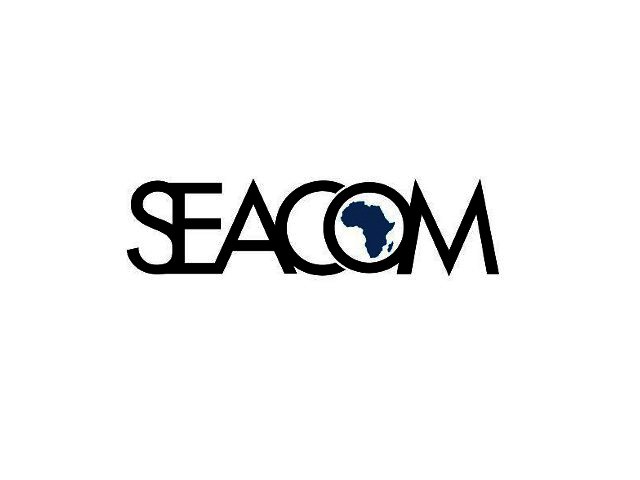Cloud adoption offers African SMEs the possibility of accessing world-class IT infrastructure and applications, but first, carriers and governments across the continent must make a concerted effort to drive higher broadband penetration so that SMEs can enjoy quality and cost-effectiveness of cloud services.
That’s according to Albie Bester, GM at PAMOJA, a SEACOM-owned company focused on the establishment, aggregation and wholesale delivery of cloud services for the African market. He says that cloud adoption in many parts of Africa lags global trends largely because broadband connectivity in many countries is still expensive, of poor quality, and not yet widespread.

Albie Bester, GM at PAMOJA
The result is that SMEs are missing out on opportunities to dramatically reduce costs, improve productivity and access global markets by adopting the latest digital technologies, adds Bester. “In our discussions with enterprises, we always find them to have a good understanding of the benefits of the cloud,” he says.
“And with world-class data centres in most large African economies, there are service providers that provide cloud services that compare favourably to the benchmarks set in developed countries. The biggest barrier to cloud adoption among African SMEs has been the lack of pervasive, cost-effective, high-quality Internet connectivity.”
Says Bester: “We believe that African SMEs could drive even more value out of the cloud than SMEs in other parts of the world or large businesses in their own territories. Most of them are starting from a low technology base, so accessing world-class accounting, CRM or line-of-business applications as cloud services could supercharge their productivity, efficiency and reach.”
“Furthermore, IT skills are expensive and in short supply in many parts of Africa. The cloud means that SMEs don’t necessarily need to find someone to install, manage and maintain a server room infrastructure. And because most cloud services are pay-per-user-per-month or year, SMEs don’t need to spend upfront on their IT systems. This is a major advantage given the lack of financing options for SMEs in many parts of Africa.
Over the past few years, the telecoms environment has improved by leaps and bounds in countries such as Kenya, South Africa, Rwanda and Tanzania, says Bester. Service providers have invested in Metro POPs, base stations, backhaul infrastructure, and there is plenty of international bandwidth.
However, some countries are still dominated by incumbent monopolies and require regulatory intervention to level the competitive playing field. For example, governments could be helping to fund rollout of national and last-mile fibre, while regulators could encourage telecoms operators to share resources such as spectrum frequency and cable infrastructure.
Bester says that carriers, service providers and governments all have strong incentives to change the picture for the better. For carriers and service providers, providing cloud services to a rapidly growing SME sector is an exciting new revenue opportunity. For governments, a more connected and productive SME sector could help to drive economic growth and job creation.
"Given erratic power supply and a mobile-first culture in many parts of the continent, Africa and the cloud are made for each other," says Bester. "It would be great to see the telecoms industry seize this opportunity to change the IT landscape and empower small businesses with the tools they need to grow."





